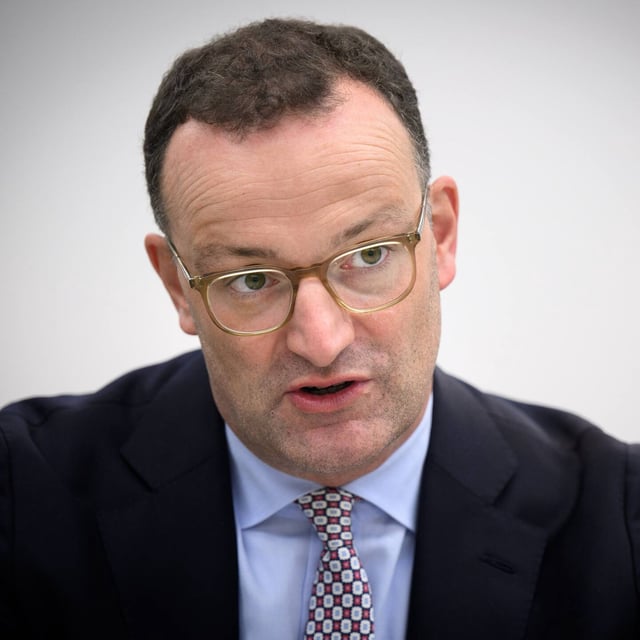Overview
- CDU parliamentary leader Jens Spahn said the statutory retirement age will likely rise beyond 67 toward 70 in the next decade, calling for frank communication about longer working lives.
- A government advisory group urged linking retirement age to life expectancy, scrapping retirement at 63 and reinstating the sustainability factor, with reports citing a phased rise potentially reaching 73 by 2060.
- Chancellor Friedrich Merz said households will have to devote more of their income to pensions, health and care, while his proposed tax-free “Aktivrente” for working retirees faces a cabinet delay over finance ministry objections.
- Clemens Fuest and Lars Feld warned that the 48% pension-level guarantee could add roughly €15 billion a year to federal costs by 2031 unless technical elements are corrected, with extra burdens already building from 2028.
- Imminent administrative shifts include higher Minijob earnings limits tied to the minimum wage (€603 per month in 2026, €633 in 2027), a 2026 recalculation that lifts the income needed for one pension point to €51,944, and the November 30 end of a flat supplement for disability and survivor pensions replaced on December 1 by individual recalculation with possible back pay and no clawbacks.



